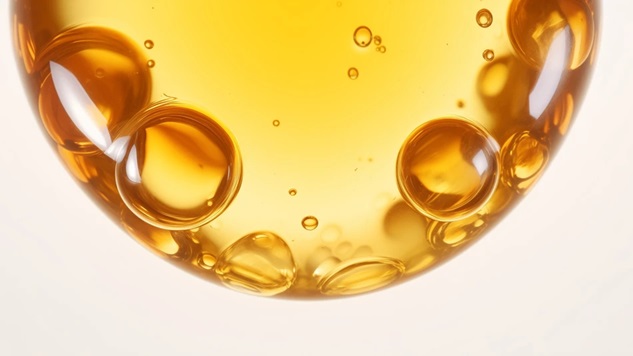This advancement not only enhances producers’ agility and profitability but also supports a more sustainable future for the oleochemicals industry

Novonesis and thyssenkrupp Uhde has announced a joint launch of an enzymatic fat-splitting process.
The collaboration that uses Novonesis’ Lipura Split enzyme promises a safer, more efficient, and sustainable alternative to conventional thermal fat-splitting methods.
Traditional fat-splitting towers operate at punishing conditions—260°C and 60 bar—requiring heavy capital investment and long lead times. The new enzymatic process slashes energy demands by running at just 70°C and atmospheric pressure, while offering greater flexibility and efficiency.
"Our partnership with Novonesis demonstrates the power of collaboration in shaping a sustainable future. This innovation allows our customers to achieve economic benefits while advancing their environmental objectives,” said Nadja Håkansson, Member of the Executive Board / COO, thyssenkrupp Decarbon Technologies & CEO, thyssenkrupp Uhde.
The Novonesis-Uhde process is compatible with both existing facilities and new plants. It can reduce capital expenditure (CAPEX) by up to 60%, accelerate time-to-market, and scale production from 50 TPD, enabling producers to respond more rapidly to evolving market demands.
"With this collaboration, we simplify the transition from conventional fat splitting to an enzymatic alternative, designed for a landscape of rising energy costs, evolving sustainability standards, and growing demands for production flexibility," said Hans Ole-Klingenberg, Vice President, Global Marketing, Household & Industrial Biosolutions, Novonesis.
"This advancement not only enhances producers’ agility and profitability but also supports a more sustainable future for the oleochemicals industry,” he added.
Subscribe to our newsletter & stay updated.